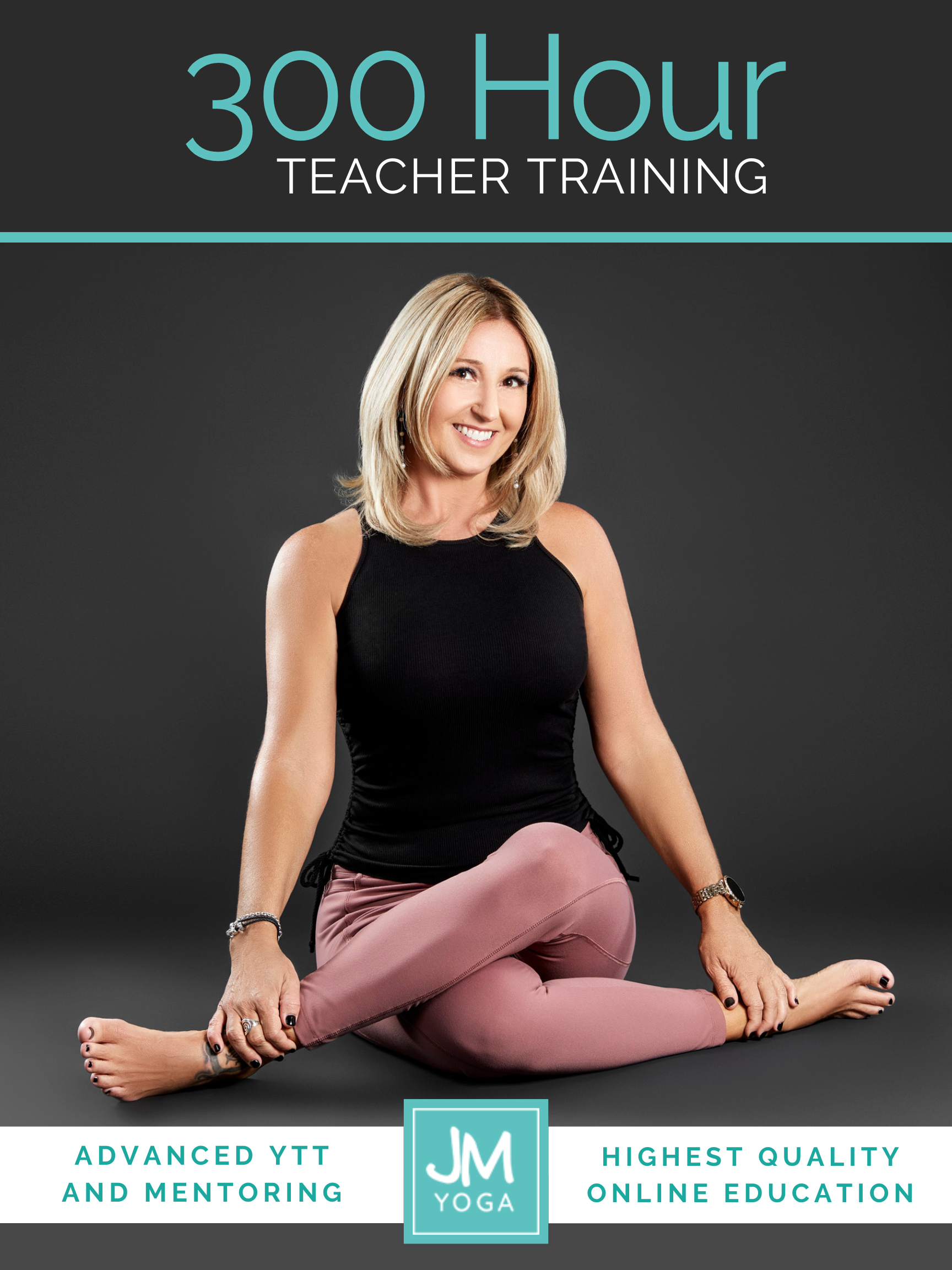Is yoga all you need?
In a recent podcast interview, I was posed with the ultimate question yoga teachers get, “How do you respond to people who say yoga isn’t enough?”
This struck a chord with me, as I’ve noticed a pervasive trend on social media where the narrative of yoga’s insufficiency is all too common, often perpetuated even by yoga teachers themselves.
Let’s explore this idea outside of the context of yoga.
As many of you know, I recently took up tennis again. I understand that tennis alone cannot meet all my needs. It doesn’t enhance my flexibility, build substantial strength, assist me in mastering a pull-up, or make me a world-class soccer player.
But here’s the thing: I don’t play tennis for those specific reasons. I participate for the sheer joy of mastering my backhand, relishing in the sunshine, enjoying social interactions, and reveling in the post-match euphoria.
Now, consider if my tennis coach were to assert, “Tennis simply isn’t enough. Not by a long shot.” I would feel disheartened and lose my enthusiasm for tennis. Your students experience a similar sentiment when they are told that their yoga practice is insufficient. Rather than inspiring them to practice more, it may discourage them from continuing their practice altogether.
Any time you compare yoga to another practice, it will fall short in some aspect. Whether compared to strength training, Pilates, or tennis, yoga can’t possibly excel in every domain.
It depends on your needs.
This is why the question we should be asking is not whether yoga is enough, but rather, “What is yoga enough for?”
While yoga may not cater to certain health and fitness goals like significant strength gains, reversing osteoporosis, or cardiovascular training, it excels in a myriad of other areas. Yoga may improve coordination and balance, kinesthetic awareness, and range of motion. On a more psychosocial level, yoga provides solace in times of grief, nurtures my self-relationship, calms my mind, and creates community bonds (both online and in-person). The somatic journey I explore each time I step on my mat makes each class enough for me and my personal reasons for practicing yoga. I imagine you have a similar list.
Yoga teachers take note.
It isn’t our job as yoga teachers to highlight what yoga lacks, but instead, to celebrate what it embodies.
Your passion for yoga directly influences your students’ love and commitment to their practice.
So, I invite you to reflect on what yoga means to you. How does it enhance your life? What is it “enough” for? I genuinely value your perspective and would love to hear your thoughts. Feel free to comment below or join the conversation happening on Instagram.
One final note: I understand that many of you were sold a system that told you yoga was your everything and I’m sorry. I’m not here to invalidate your experience. I am simply advocating for an honest conversation about what yoga can do for us and why we fell in love with it.
Extend Your Learning: Advanced Yoga Teacher Training with Jules Mitchell
This program is ideal if you have an interest in biomechanics, principles of exercise science, applications of pain science, neurophysiology, and stretching. These themes are combined with somatics, motor control theory, pose analysis and purpose, use of props for specific adaptations, pathology, restorative yoga, and intentional sequencing.
You will learn to read original research papers and analyze them for both their strengths and their biases. Critical thinking and intellectual discourse are central components in this training, which was designed to help teachers like you navigate through contradictory perspectives and empower you with education. Learn more >

